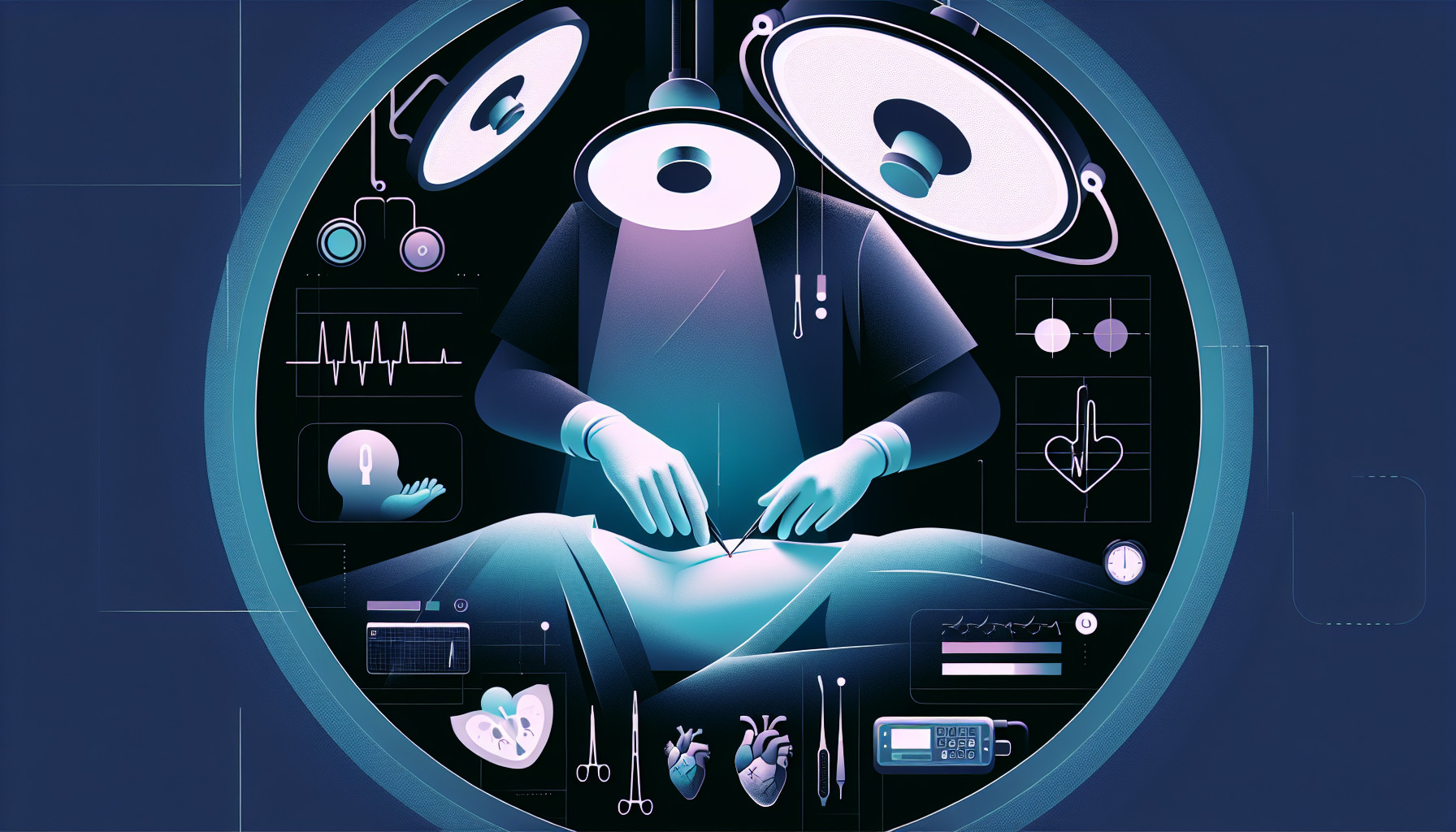Our Summary
The research paper examines the factors that can cause psychological distress in young Moroccan women who have breast cancer. The researchers collected information about the women’s social, demographic, and clinical backgrounds, including the type of surgery they had undergone. The women’s psychological well-being was measured using the Hospital Anxiety and Depression Scale.
The study found that about a third of the 122 women surveyed had significant levels of anxiety and depression. The factors most strongly linked with psychological distress were having a radical mastectomy (complete breast removal), living in a difficult emotional or financial situation, and lack of social or family support.
The researchers concluded that, when possible, doctors should perform breast-conserving surgery (removing only the cancerous part of the breast) for young women, as this might reduce the psychological impact of the disease.
FAQs
- What factors were found to cause psychological distress in young Moroccan women with breast cancer according to the research?
- How was the psychological well-being of the women in the study measured?
- What recommendations did the researchers make for doctors in relation to the type of surgery they should perform on young women with breast cancer?
Doctor’s Tip
Therefore, a helpful tip a doctor might tell a patient about radical mastectomy is to discuss the potential psychological effects of the surgery and to seek out support from friends, family, or mental health professionals if needed. It is important for patients to understand the emotional impact of such a major surgery and to have a strong support system in place to help them cope with any feelings of anxiety or depression that may arise. Additionally, exploring alternative surgical options, such as breast-conserving surgery, may be beneficial for some patients in terms of improving their overall well-being.
Suitable For
Patients who are typically recommended radical mastectomy include those with larger or more aggressive tumors, tumors located in multiple areas of the breast, tumors that are close to the chest wall or skin, or patients who have a genetic predisposition to breast cancer. Additionally, patients who have already undergone multiple unsuccessful lumpectomies or radiation therapy may also be recommended for a radical mastectomy.
Timeline
Before radical mastectomy:
- Patient is diagnosed with breast cancer
- Patient undergoes various tests and consultations to determine the best treatment plan
- Doctor recommends radical mastectomy as the best course of action
- Patient prepares for surgery and discusses potential risks and side effects
After radical mastectomy:
- Patient undergoes the surgical procedure to remove the entire breast
- Patient may experience physical pain and discomfort post-surgery
- Patient may feel a sense of loss and grief over the removal of their breast
- Patient may face challenges adjusting to their new body image
- Patient may experience anxiety and depression related to the surgery and their diagnosis
Overall, the experience of a radical mastectomy can be emotionally and physically challenging for the patient, and it is important for healthcare providers to provide adequate support and resources to help the patient cope with these challenges.
What to Ask Your Doctor
- What are the potential risks and benefits of a radical mastectomy compared to other types of breast cancer surgeries?
- How will a radical mastectomy impact my physical appearance and self-image?
- What are the chances of the cancer recurring after a radical mastectomy?
- Are there alternatives to a radical mastectomy that may be suitable for my specific situation?
- How will a radical mastectomy affect my daily activities and quality of life?
- What is the recovery process like after a radical mastectomy?
- Will I need additional treatments such as radiation therapy or chemotherapy after a radical mastectomy?
- How often will I need follow-up appointments and screenings after a radical mastectomy?
- Can I speak with other patients who have undergone a radical mastectomy to better understand their experiences?
- Are there any support groups or resources available to help me cope with the emotional impact of a radical mastectomy?
Reference
Authors: Berhili S, Ouabdelmoumen A, Sbai A, Kebdani T, Benjaafar N, Mezouar L. Journal: Clin Breast Cancer. 2019 Feb;19(1):e160-e165. doi: 10.1016/j.clbc.2018.08.013. Epub 2018 Aug 31. PMID: 30292624
